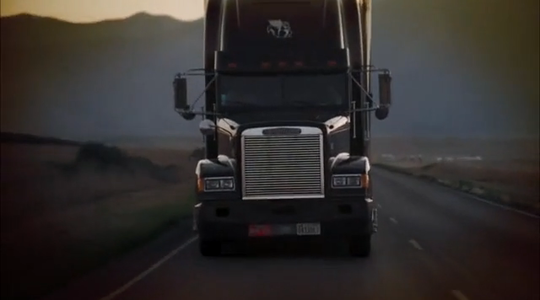Federal Trucking Regulations
Holding Trucking Companies Accountable for Safety Violations
The trucking industry is an estimated $700 billion industry, per the American Trucking Association. With billions of trucks on the road transporting a variety of goods, products, and materials, it's no wonder the industry has hit a high point. But with so much truck traffic, there must be regulations, rules, and laws in place. So who is in charge of enforcing these regulations? The Federal Motor Carrier Safety Administration (FMCSA). As a division of the U.S. Department of Transportation, they have the power to regulate both truck drivers and their vehicles.
Truckers and shipping companies must meet strict FMSCA regulations governing:
- Commercial driving licenses (CDL)
- Hours of service
- Weight and size restrictions
- Drug and alcohol use (even when not on the clock)
Unfortunately, these federal and state regulations are routinely ignored. As a result, thousands of fatal truck accidents occur every year on the web of highways connecting states and major cities across the United States. Failure to observe trucking regulations can put others at risk. If you were hurt in an accident involving a commercial truck, there is a chance that one or more broken regulations played a role in the collision.
Abogados de accidentes de camiones en Houston
What Are Trucking Regulations?
Established in 2000, the FMCSA's sole role is to regulate this crucial industry and employs more than 1,000 people to help it do so. Although there are countless law passed to increase the safety of not only the truck drivers, but also passengers and every other driver.
Some examples of trucking regulations include those that apply to:
- Maintenance of the vehicle
- Proper loading techniques, cargo securement requirements, and weight limits
- Requirements for rest breaks
- Zero use of drugs and/or alcohol while on the job
- Physical wellness requirements for truck drivers
- Training requirements for truck drivers
- Special testing for hazardous material carriers
Commercial trucking regulations were written to protect the safety of all who use the nation's highways. A company that operates trucks creates records to back up its compliance with these regulations. These records often provide the evidence that a lawyer needs to prove a case. Whether an individual driver caused a truck accident or the collision was caused by the negligence of the trucking company, a truck maintenance provider, or some other responsible party, documentation of compliance with trucking regulations can help truck accident lawyers discover the facts of the case. A good attorney can examine these records and look for discrepancies or other insights as to what may have caused the accident.
